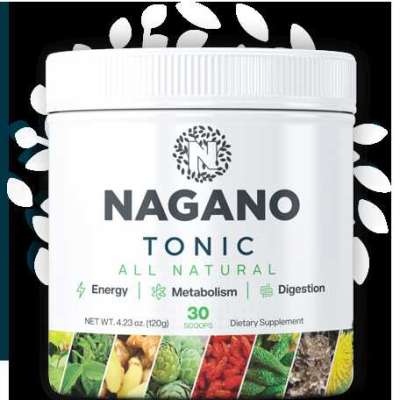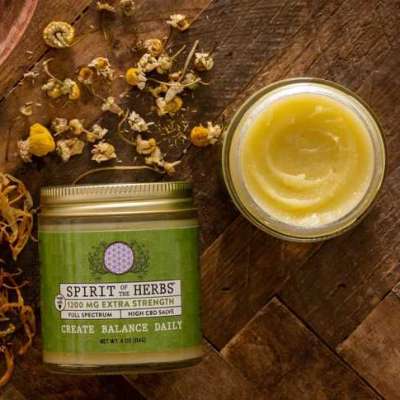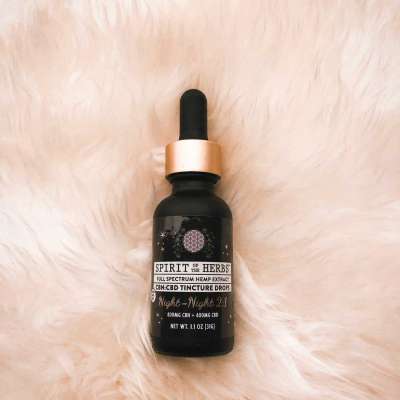

Nagano Tonic: A Comprehensive Guide to Japan’s Iconic Elixir
منتشر شده توسط Taekwondo Fighters
- وضعیتدر انبار
- تایپ کنیدجدید
Introduction to Nagano Tonic
Nestled in the heart of Japan, Nagano is famed for its lush landscapes, pristine natural springs, and rich cultural heritage. Among its many treasures, the Nagano Tonic has emerged as a standout due to its reputed health benefits and traditional significance. Renowned for its balance of traditional Japanese herbal ingredients and modern wellness applications, this tonic has carved out a niche for itself among natural health enthusiasts and those seeking alternatives to synthetic supplements.
Historical Background
Origins in Traditional Japanese Medicine
Nagano's history is steeped in the practices of kampo, a traditional form of Japanese medicine that evolved from ancient Chinese medicinal practices. Kampo emphasizes the balance of bodily elements through natural treatments, often employing a mix of herbs and plant extracts. It was in this context that the early iterations of the Nagano Tonic were developed centuries ago, primarily as a remedy for fatigue, immune system support, and digestive issues.
Crafted initially by monks and local herbalists, the Nagano Tonic combined indigenous plants with imported herbs. The formula was refined over generations, incorporating the best of both native and borrowed knowledge. By the Edo period (1603–1868), it was widely used by travelers, samurai, and villagers alike as a source of rejuvenation during long journeys or hard labor.
Ingredients and Their Benefits
The effectiveness of Nagano Tonic lies in its carefully curated blend of ingredients, each contributing specific health benefits. Let’s break down some of the key components:
1. Shiso Leaf (Perilla frutescens)
Shiso, a staple in many Japanese culinary dishes, is highly revered for its anti-inflammatory and antioxidant properties. Rich in omega-3 fatty acids and rosmarinic acid, it aids in reducing oxidative stress, supporting respiratory health, and enhancing immune response.
2. Yuzu Citrus
Yuzu, a fragrant citrus fruit, is packed with vitamin C and flavonoids. In the Nagano Tonic, yuzu not only adds a unique, tangy flavor but also bolsters immune health and provides anti-aging benefits through its potent antioxidant profile.
3. Reishi Mushroom (Ganoderma lucidum)
Often called the "mushroom of immortality," reishi has been used for centuries in East Asian medicine. It is known for its adaptogenic qualities, helping the body manage stress, enhance sleep, and improve overall vitality.
4. Ginger Root
Ginger is a powerful anti-inflammatory and digestive aid. Its warming nature helps promote circulation, alleviate nausea, and support metabolic functions.
5. Japanese Knotweed (Polygonum cuspidatum)
Renowned as a source of resveratrol, Japanese knotweed in the tonic offers cardiovascular support and helps reduce inflammation, making it beneficial for joint health and skin care.
6. Honey and Fermented Rice Extracts
These natural sweeteners provide an energy boost and help balance the flavor profile. Fermented rice adds probiotics, which support gut health and enhance the body's ability to absorb nutrients.
The Art of Making Nagano Tonic
Crafting the perfect Nagano Tonic is as much an art as it is a science. The production process often begins with the careful selection of ingredients, sourced from high-altitude farms in Nagano Prefecture to ensure purity and potency. The following steps outline the traditional method of making the tonic:
Sourcing and Preparation: Fresh herbs, mushrooms, and roots are cleaned, dried, and, if necessary, ground into powders or sliced thinly.
Infusion Process: The prepared botanicals are soaked in a mixture of spring water and rice wine (or sake) to extract their active compounds.
Fermentation Stage: Depending on the variation, some recipes incorporate a fermentation stage, which not only enriches the tonic with probiotics but also enhances the bioavailability of its nutrients.
Filtration and Sweetening: The mixture is strained, and natural sweeteners like honey or syrup from fermented rice are added to achieve a pleasant taste.
Bottling: Finally, the tonic is bottled in amber or dark glass containers to protect it from light exposure and preserve its beneficial properties.
Health Benefits and Uses
The Nagano Tonic is celebrated for its wide array of health benefits:
Immune Support
Thanks to the blend of yuzu, reishi mushroom, and shiso leaf, the tonic is an excellent choice for boosting the immune system. Regular consumption during colder months can help ward off seasonal illnesses and improve the body’s resilience to stress.
Anti-Inflammatory and Antioxidant Properties
The combination of ginger, shiso leaf, and Japanese knotweed makes the tonic a potent anti-inflammatory agent. Chronic inflammation is linked to numerous health issues, including arthritis and cardiovascular disease. The antioxidants present in these herbs help neutralize free radicals, slowing down cellular aging.
Enhanced Digestion
Ginger and fermented rice extract promote a healthy digestive system. Regular use of the Nagano Tonic can help reduce bloating, improve nutrient absorption, and maintain a balanced gut flora.
Mental Clarity and Reduced Fatigue
Adaptogens like reishi mushroom support the adrenal glands and help balance cortisol levels, which can lead to improved energy levels and reduced fatigue.
MORE INFORMATION CLICK NOW=== https://sites.google.com/view/nagano-toni/home



























